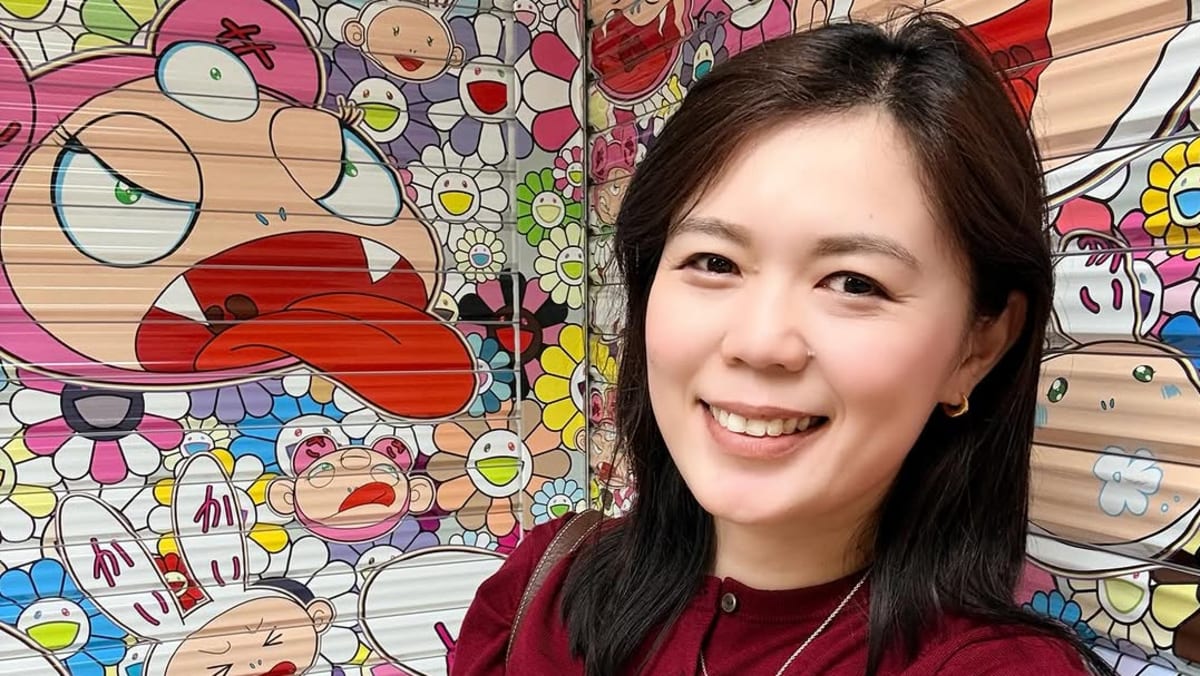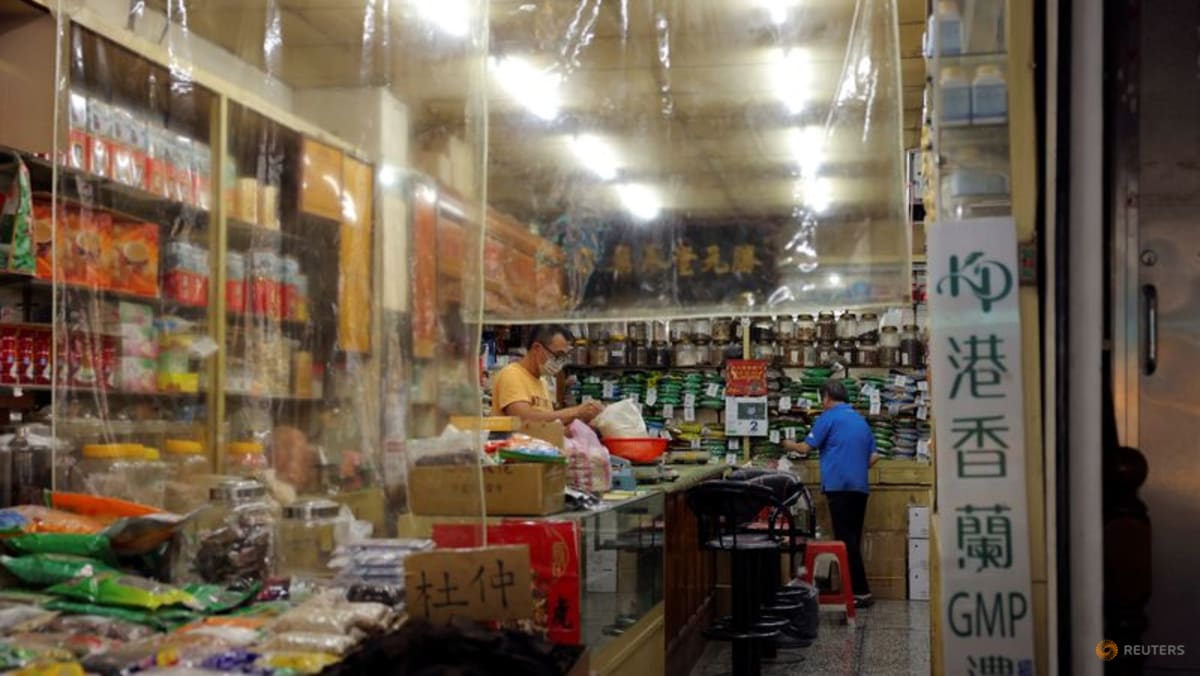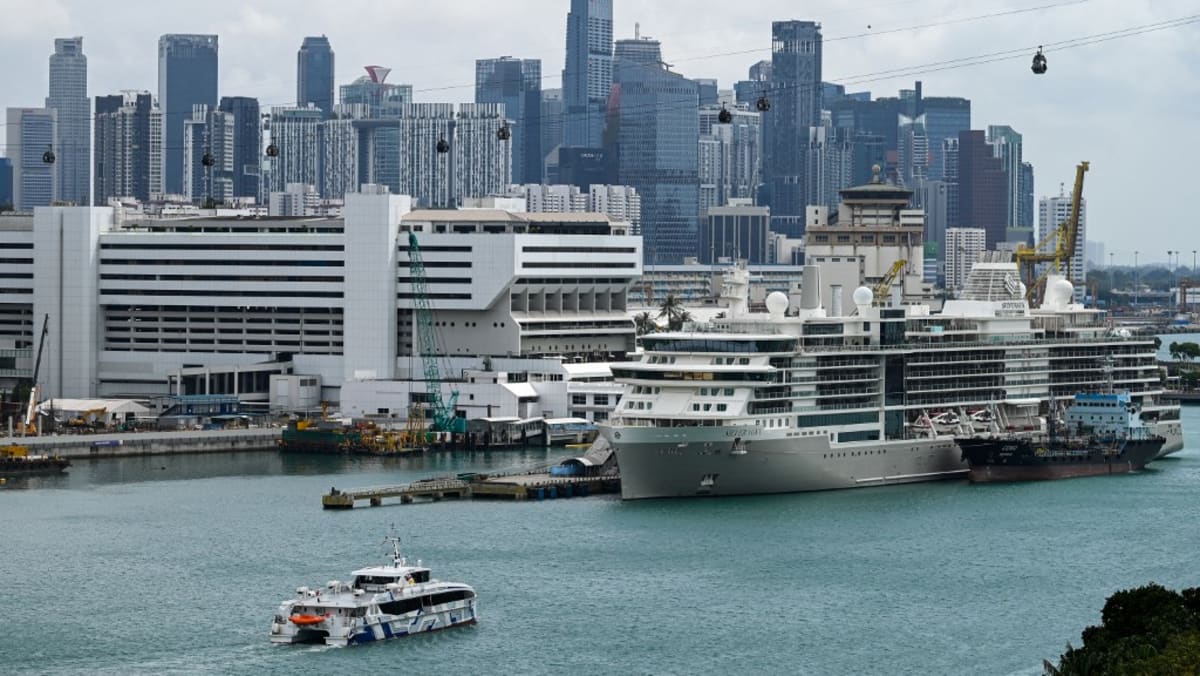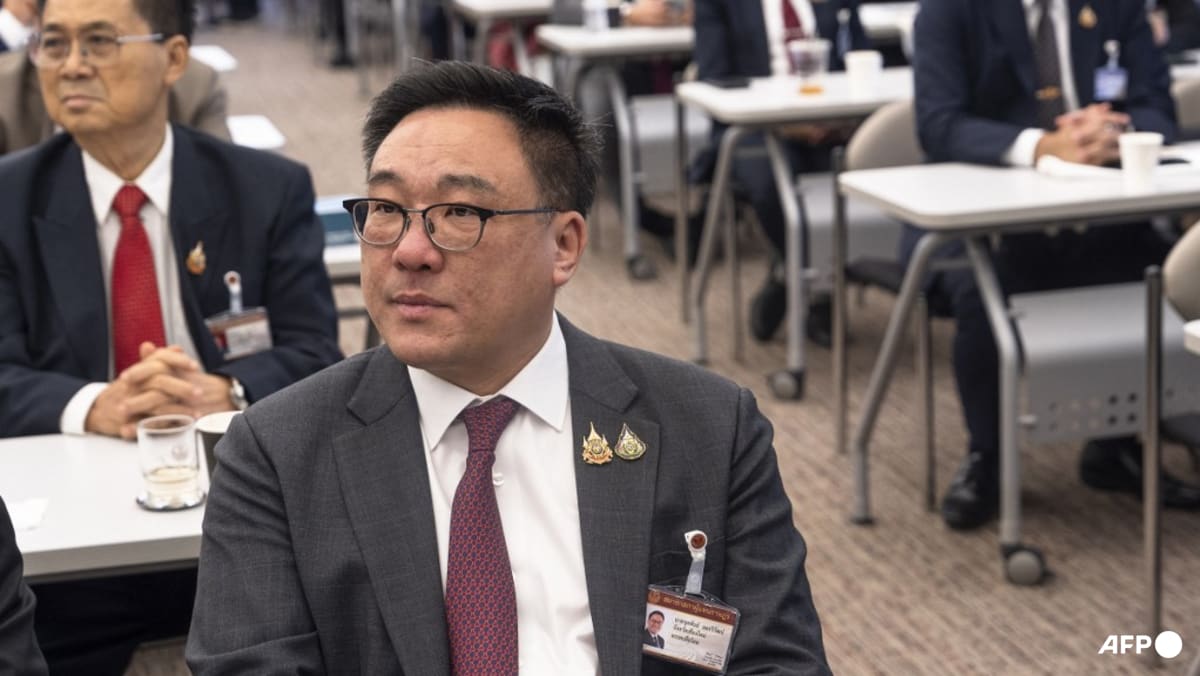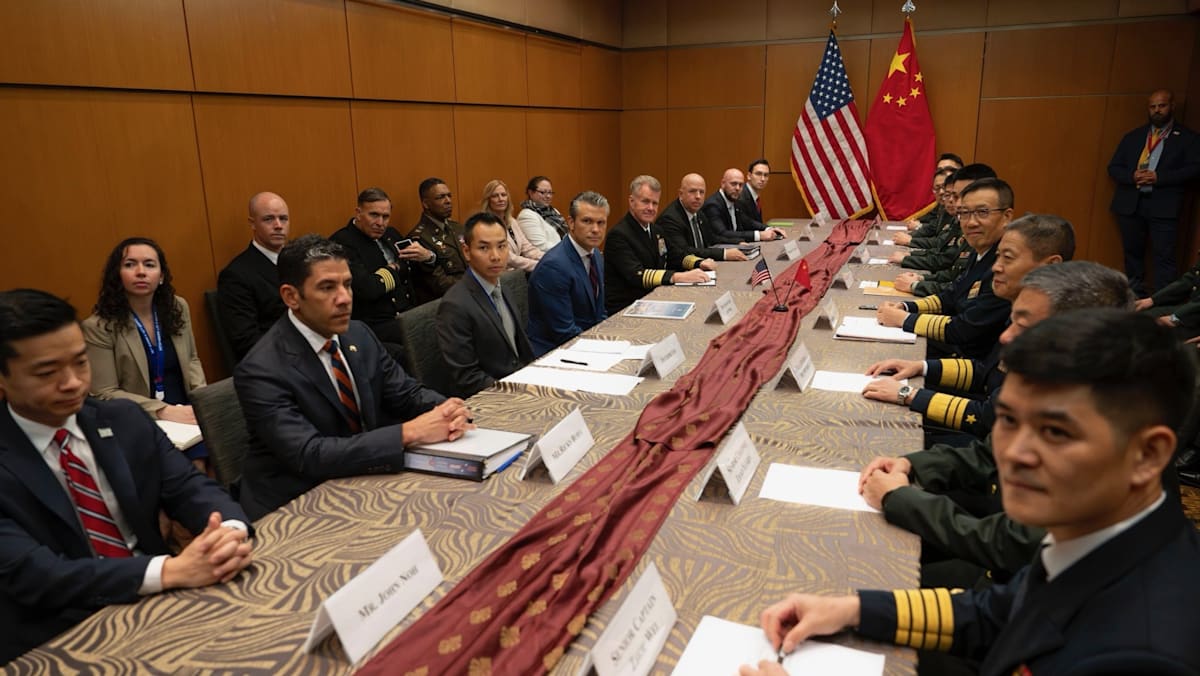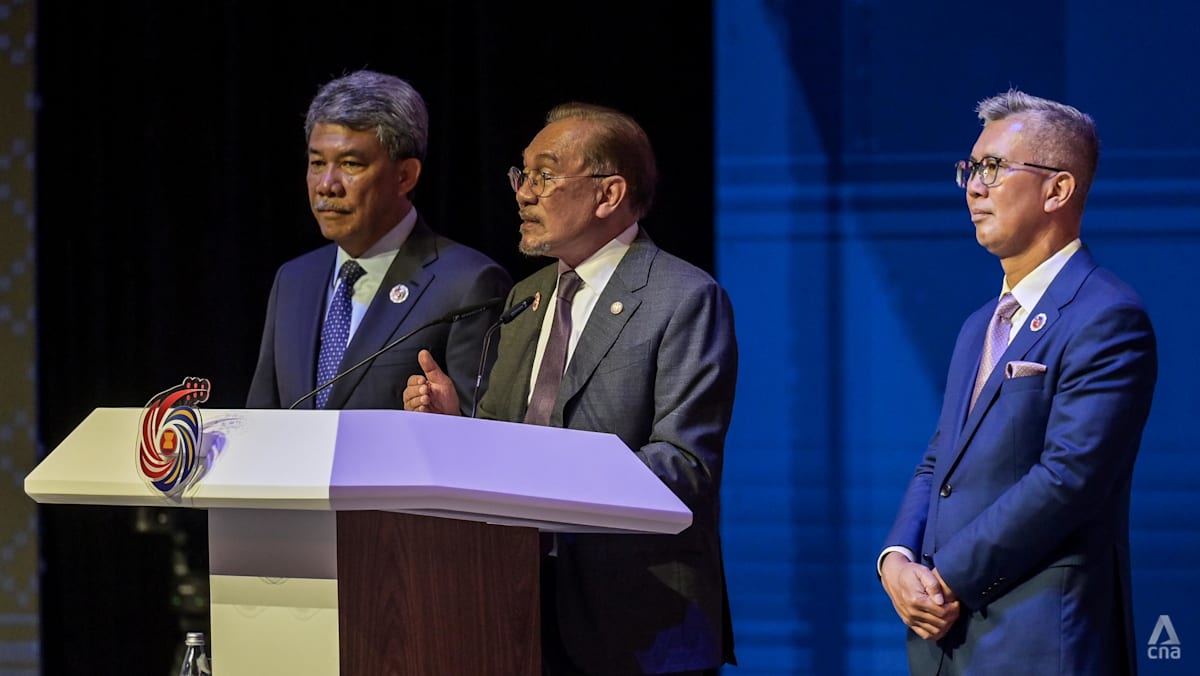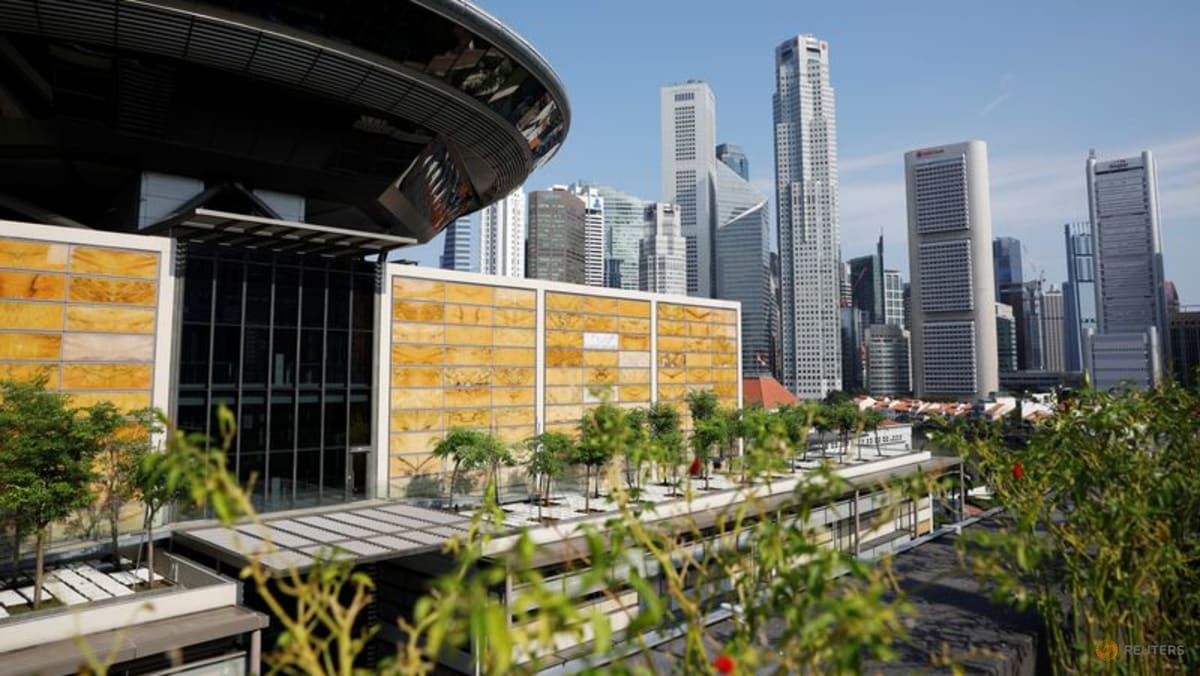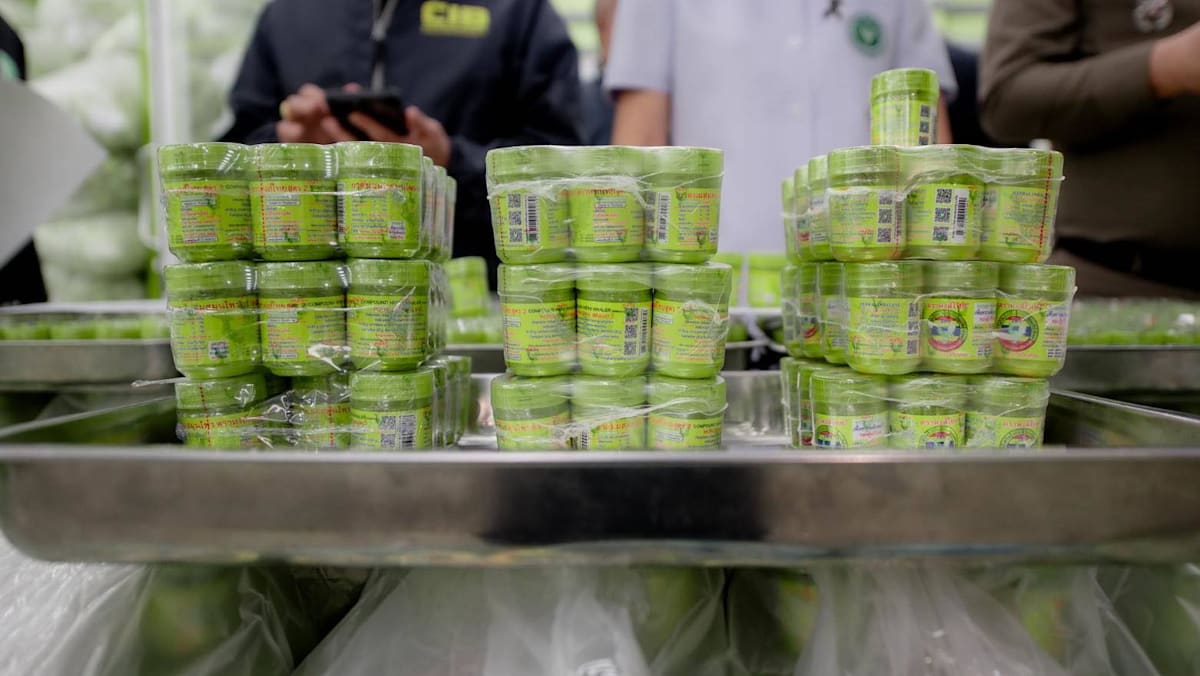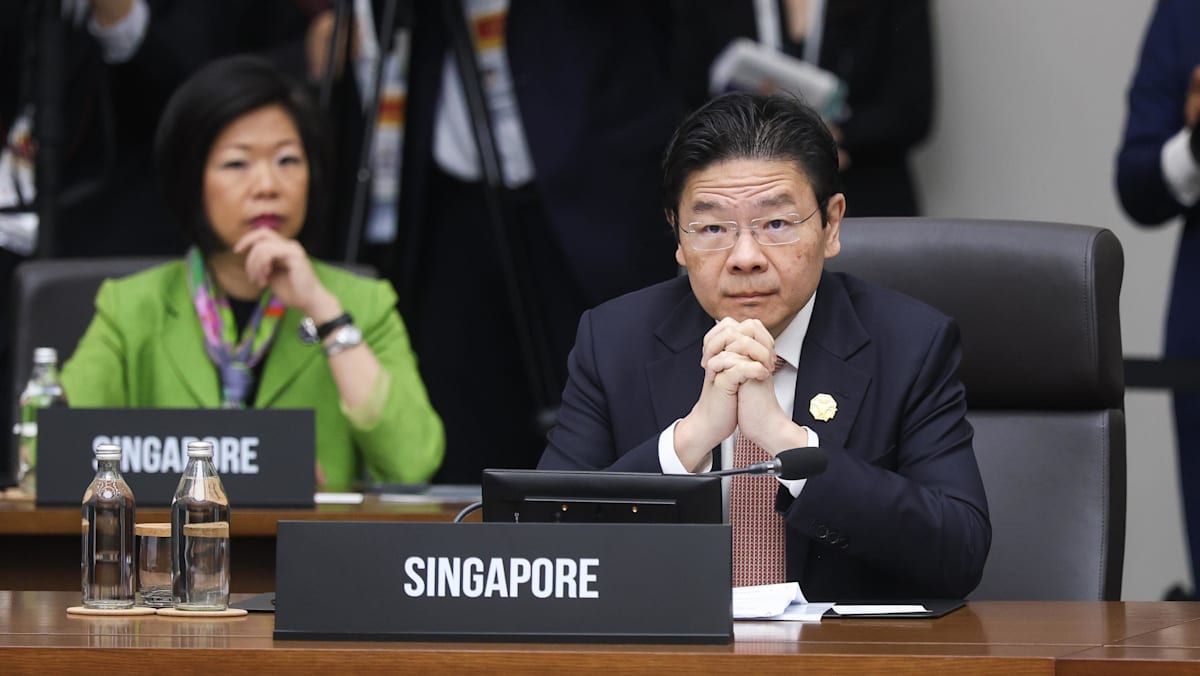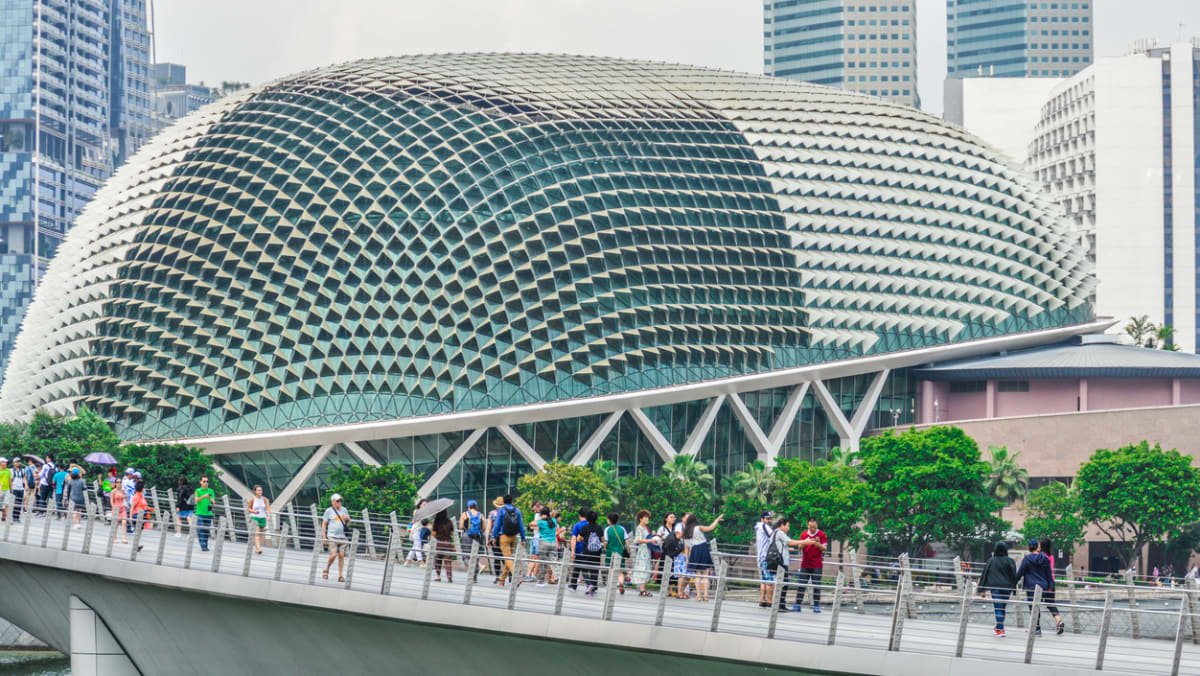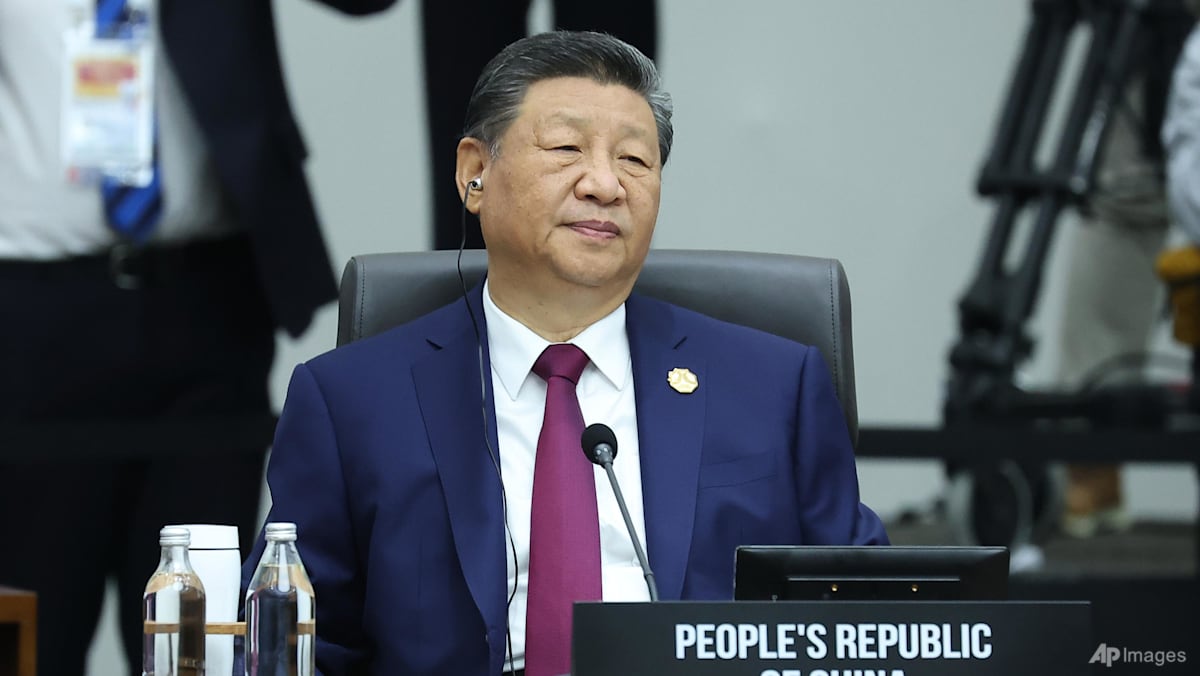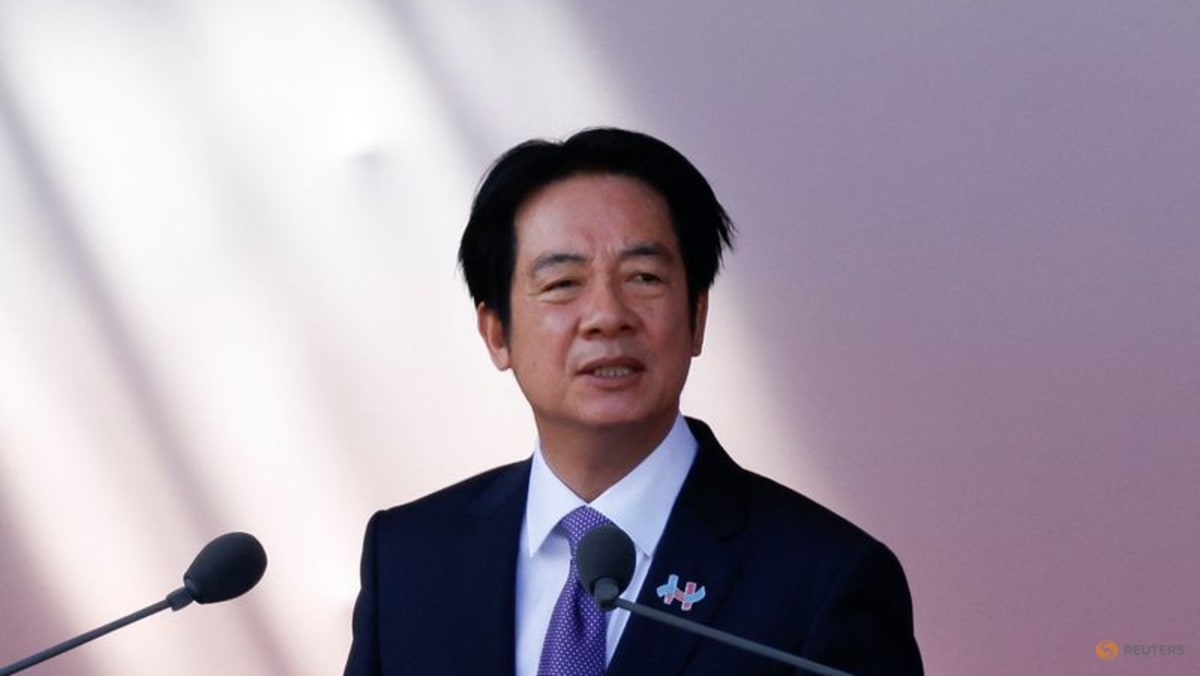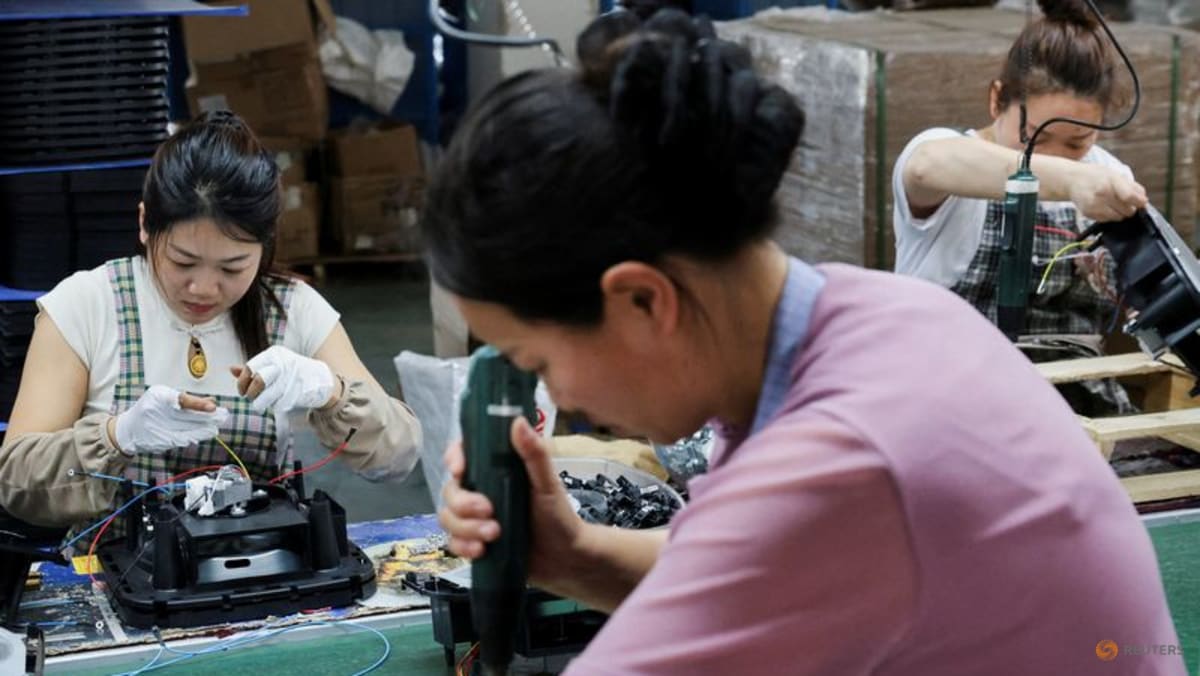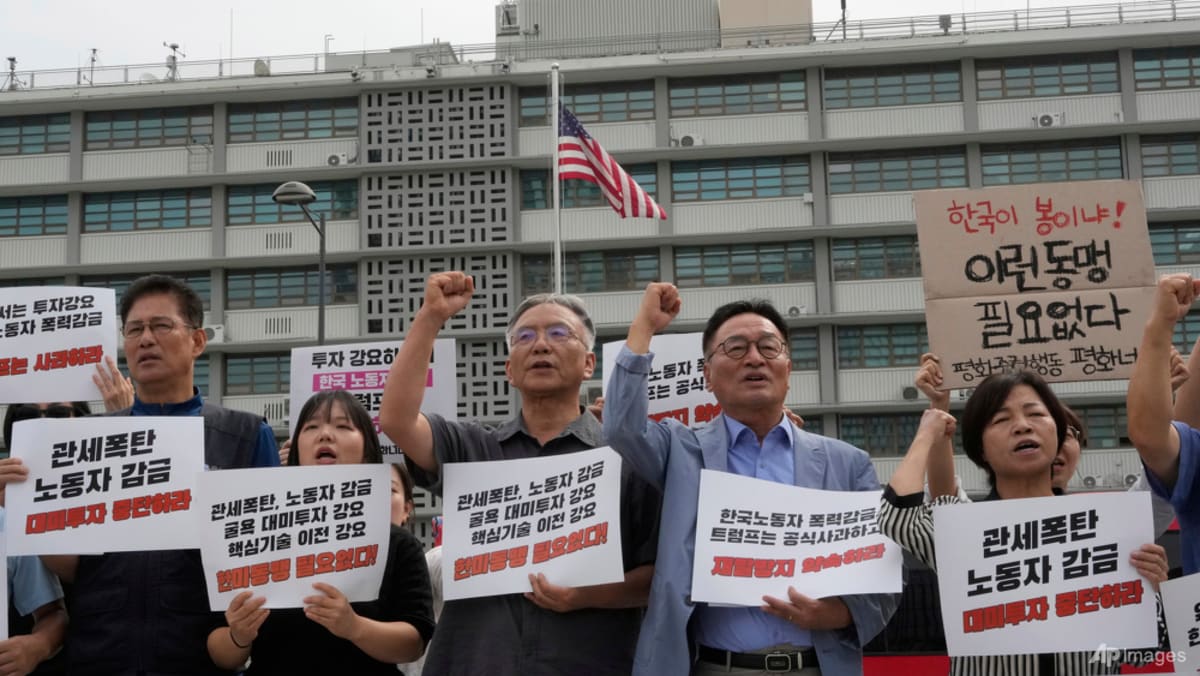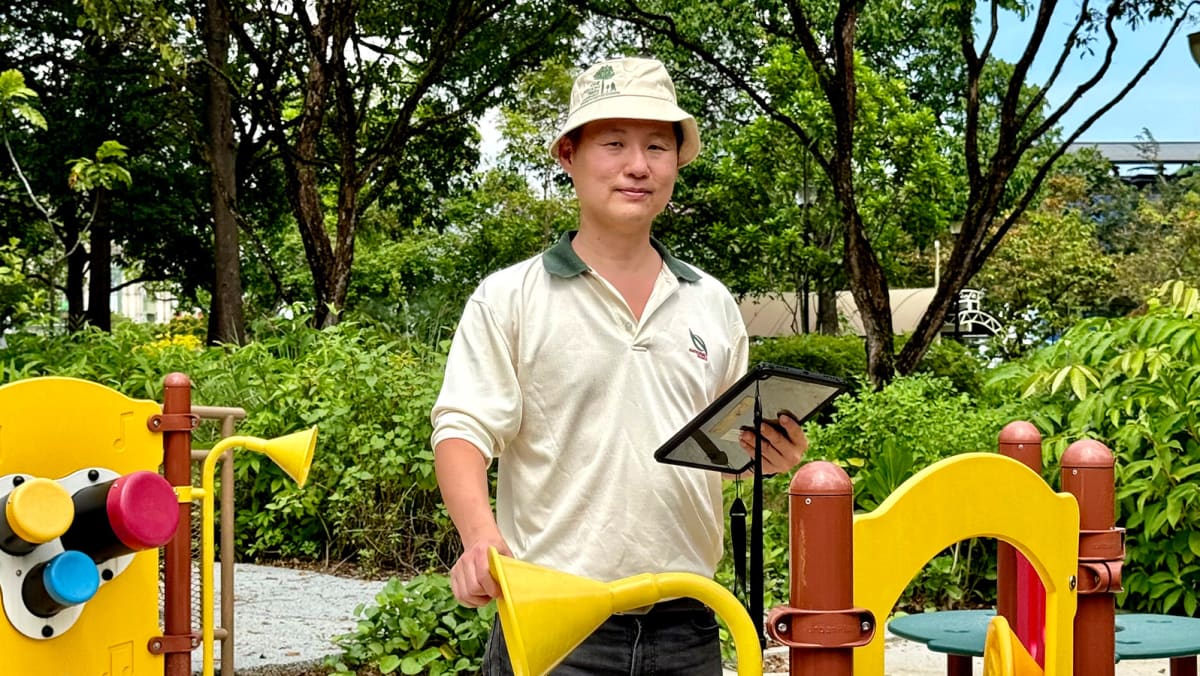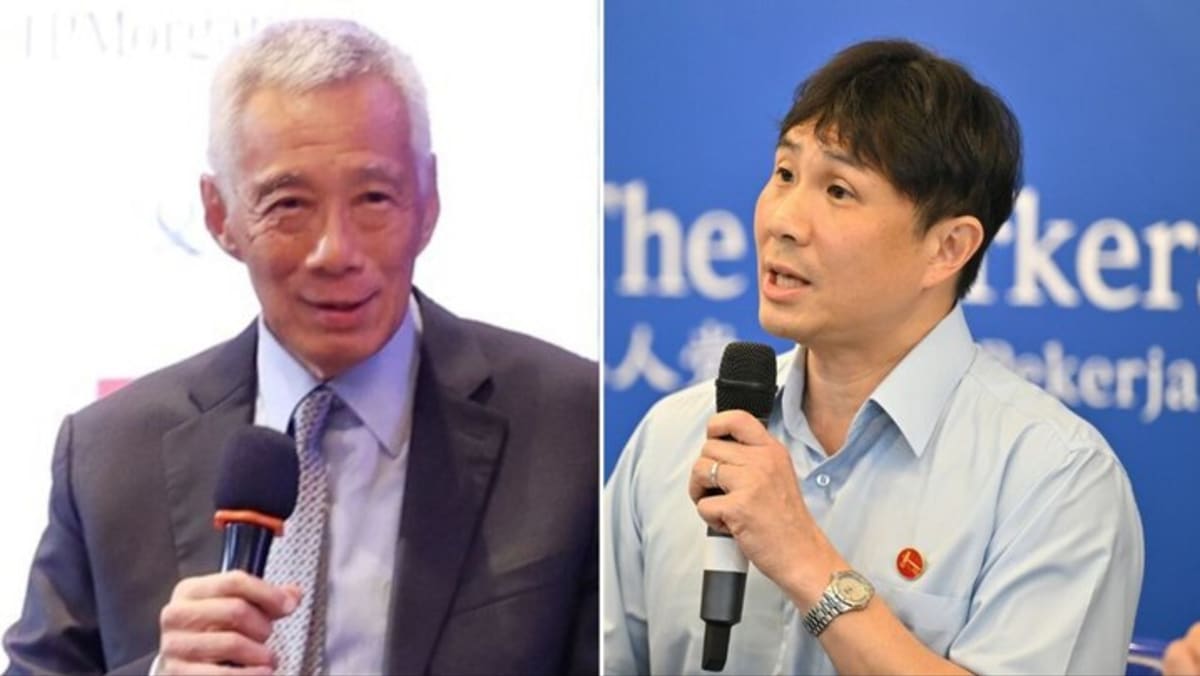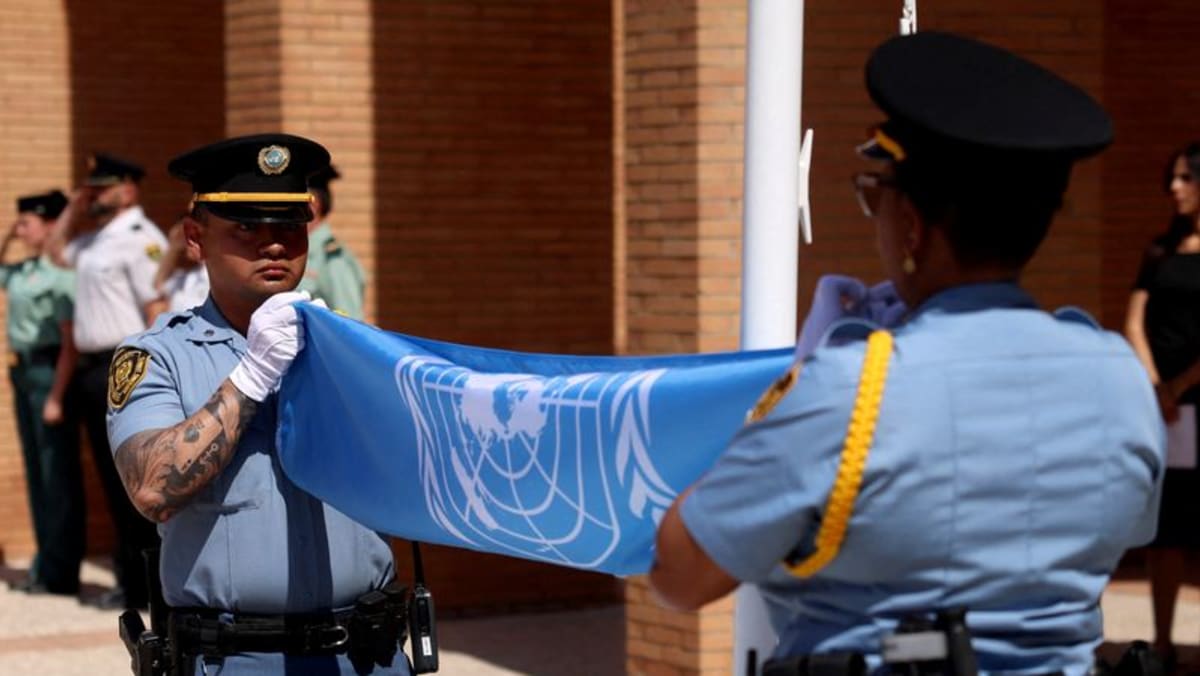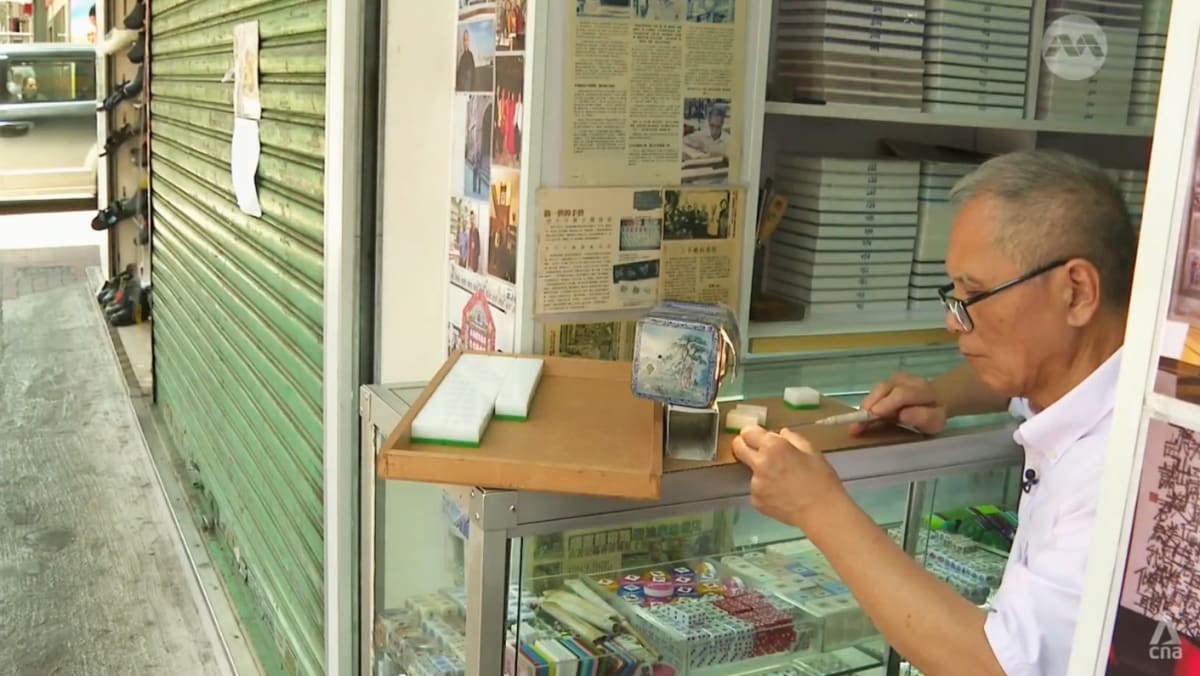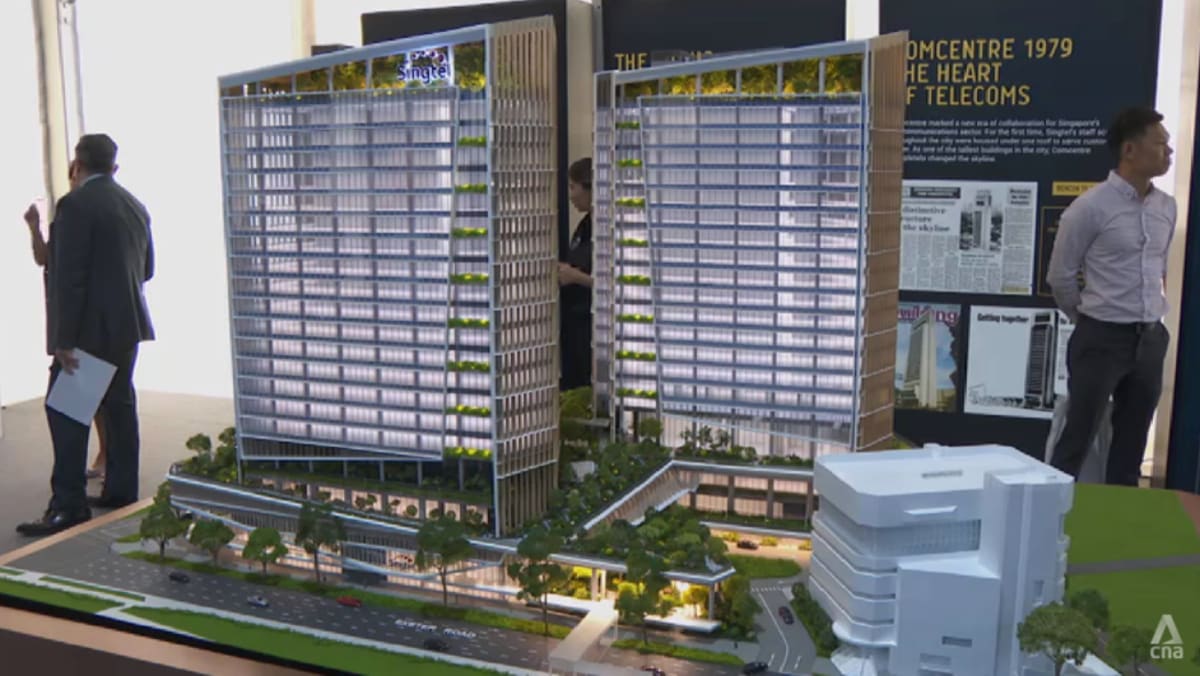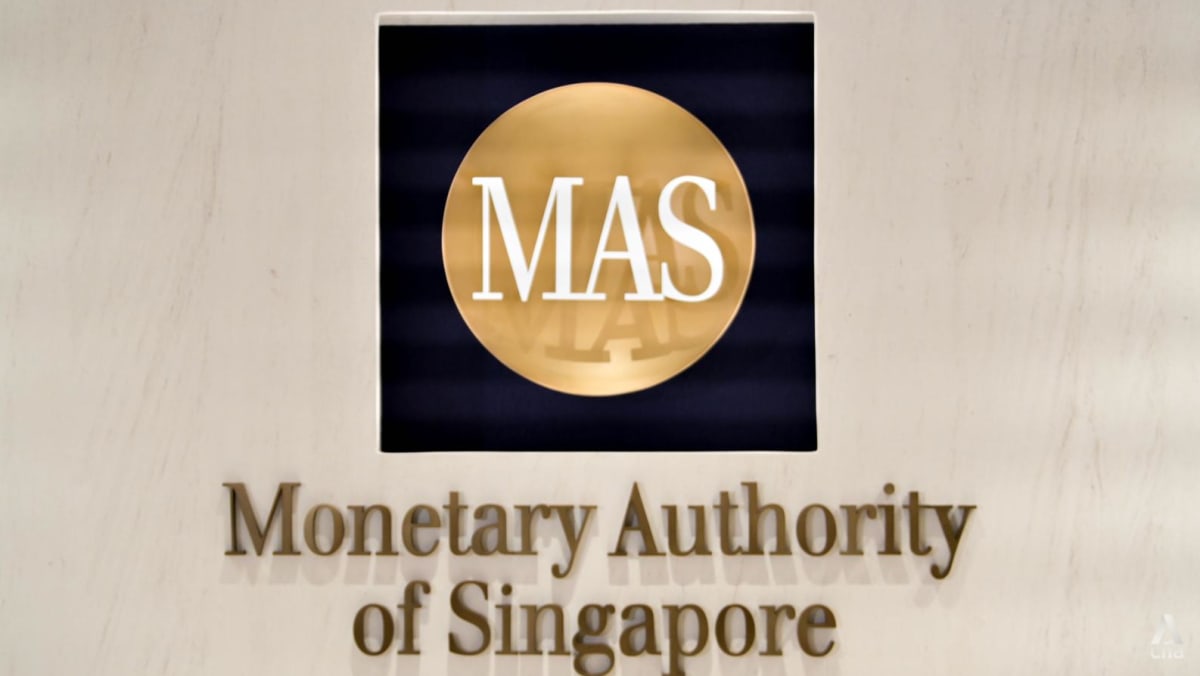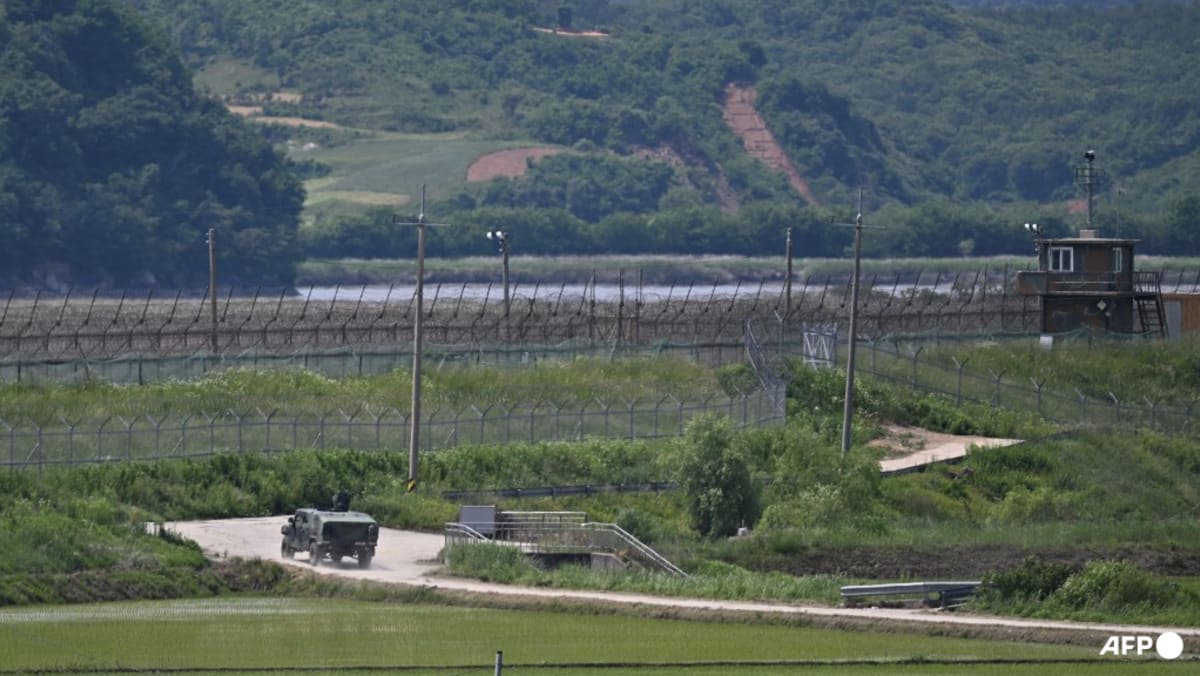LOMBOK, Indonesia: The Asian Development Bank (ADB) has pledged continued support for Southeast Asia amid mounting economic uncertainty, driven in part by tariffs imposed by the United States.
ADB president Masato Kanda affirmed the bank’s commitment to expanding its efforts in the region, calling on members of the Association of Southeast Asian Nations (ASEAN) to deepen regional cooperation.
Kanda was recently in Indonesia to visit several ADB-financed projects.
In Selebung village, located in Lombok, locals who have benefited from the support gave him a traditional welcome.
MORE TO BE DONE
Selebung is one of more than 70 sites in Indonesia where ADB has financed irrigation projects.
The programme, which ran from 2017 to 2024, aimed to improve livelihoods and strengthen food security.
As part of the initiative, nearly 5,000 water user associations were established nationwide to monitor canal conditions and ensure fair water distribution.
In Selebung, rice farmers have seen dramatic gains, boosting yields from 3 to 8 tonnes per hectare and increasing incomes by around 50 per cent.
But there is still more to be done, said one water user association.
“Through the irrigation programme, the canals were rehabilitated, although not 100 per cent. Only 30 per cent of Bongor's irrigation area was rehabilitated. Many parts have yet to be rehabilitated,” said Baiq Sri Ratna Puspariani, head of the Tengker Water User Association.
“Hopefully, there will be additional financing in the future. Technically, in agriculture, tertiary canals also need to be constructed. Previously, the irrigation project only improved secondary and primary canals, not the tertiary ones.”
ADB said the projects in Lombok demonstrates the strong partnership it has with Indonesia, and there are plans to continue its irrigation projects there.
“So we share the perspective that this time is very challenging, but ADB is determined to work with you and help you navigate this turbulent time,” said Kanda.
“Also, to turn this challenge into a good opportunity to improve ourselves, to be more resilient and stronger.”
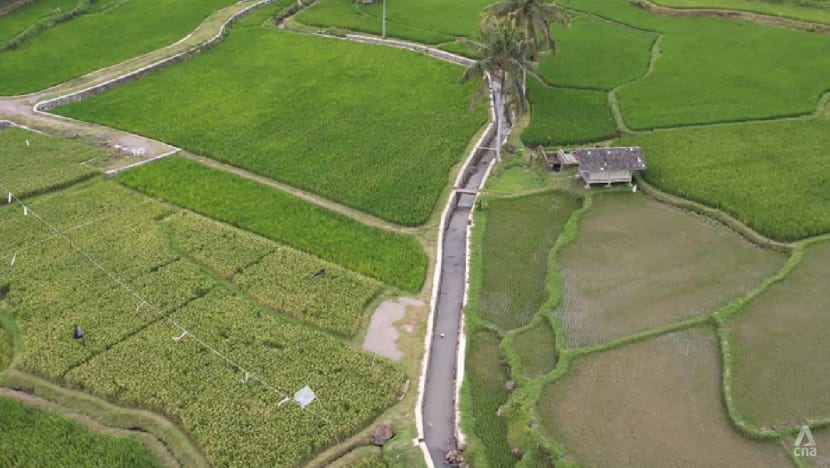 ADB has helped to finance irrigation projects across Indonesia.
ADB has helped to finance irrigation projects across Indonesia.
RESILIENT TO CLIMATE CHANGE
A key takeaway from the programme is the importance of designing future irrigation infrastructure to be more resilient to climate change.
“Indonesia is a very large country. So we will have to do it phase by phase - in a sense, to try to support those systems across the country,” said Jiro Tominaga, ADB’s country director for Indonesia.
The bank is also helping to accelerate Indonesia’s renewable energy transition by fostering partnerships with the private sector.
An example is the Sengkol solar farm, one of three 7-megawatt projects in Lombok built by renewable energy firm Vena Energy.
“We usually prefer international financing banks because our presence is international, not just in Indonesia,” said Adi Nataatmadja, head of health, safety, security and environment at Vena Energy.
“We also work with ADB not only in Indonesia, which is why we have a preference when it comes to such financing.”
Observers said as the region confronts economic headwinds, initiatives in sustainable farming and renewable energy offer a way forward by empowering communities and fostering resilience from the ground up.


